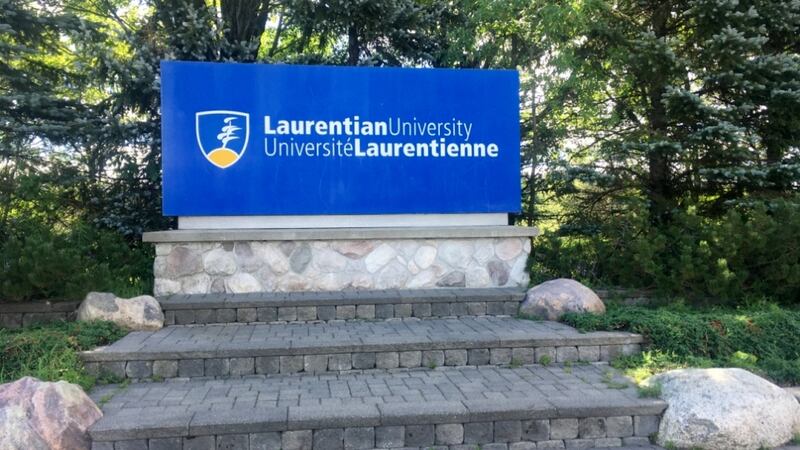Four years after Laurentian University (LU) abruptly terminated 116 tenured faculty members in a mass dismissal dubbed “Black Monday,” a group of former professors is demanding a public inquiry into whether administrators exploited a financial crisis to divert public funds to lawyers and accountants.
The Laurentian University Terminated Faculty Committee marked the April 12, 2021, anniversary this week by releasing a scathing statement accusing the school’s leadership of causing lasting harm to Sudbury and northern Ontario through its use of the Companies’ Creditors Arrangement Act (CCAA) – a law typically applied to bankrupt corporations – not universities or crown business.
“The Laurentian CCAA scheme was a disaster for Sudbury and northern Ontario that continues right to this day: enrolments have plummeted, and employee morale is deflated,” the committee wrote.
They allege the university’s insolvency filing was a “strategic” maneuver that enriched consultants while devastating academic programs, Indigenous and Francophone education, and three federated universities.

‘A faked insolvency’
The committee cited Ontario’s auditor-general, who concluded in a 2022 report that Laurentian’s financial crisis was exaggerated. The report described the terminations as part of an unnecessary “‘faked’ insolvency” that “had nothing to do with improving students’ education.”
“Not one student benefited from this reckless move,” the committee stated.
“Yet, lawyers, accountants, and administrators walked away with almost $40 million of the public’s money. The CCAA was motivated by greed, expediency, and little more.”
The federal government later amended the CCAA to bar other universities from using the law, which the committee called “an admission of wrongdoing.”
‘Summoned in groups, told they’d be fired’
The terminated faculty described their dismissals as cruel and impersonal. “Four years ago today, faculty and staff were summarily dismissed without the grace of an individual meeting – summoned in groups of 10 to 20, the university vice-president and a hired consultant read a prepared statement announcing that within weeks they would be fired,” the statement read.
Many of those affected were tenured professors, a status traditionally seen as a guarantee of job security. The committee likened Laurentian’s actions to the corporate dismantling of Hudson’s Bay Company, but argued the university’s mission should have protected it from such measures.
“Unlike the 350-year-old retailer, Laurentian’s employees were dedicated to higher education, not profit,” they wrote.
Unpaid severance, calls for federal intervention
Four years later, the committee said terminated staff have yet to receive severance. They are now calling on Prime Minister Mark Carney and the federal government to ensure payouts are issued by November 2025 and to exempt them from federal taxes, calling the owed amounts “paltry.”
They also demanded a public apology from LU’s administration for the “destruction” of French-language and Indigenous studies programs, as well as the harm done to federated partners Huntington University, Thorneloe University, and the University of Sudbury.

Laurentian’s legacy
The committee, in its statement, painted a bleak picture of Laurentian’s current state, calling it a “downsized and demoralized institution” struggling with enrollment declines and a damaged reputation.

They reiterated their demand for a public inquiry to determine whether administrators “destroyed 116 faculty careers and 1,000 students’ educations only to siphon tens of millions of dollars from taxpayer-funded services into the stock portfolios of lawyers and accountants.”
Laurentian University has not responded to the committee’s latest statement. In past years, school administrators have defended the restructuring as necessary to stabilize the university’s finances.









